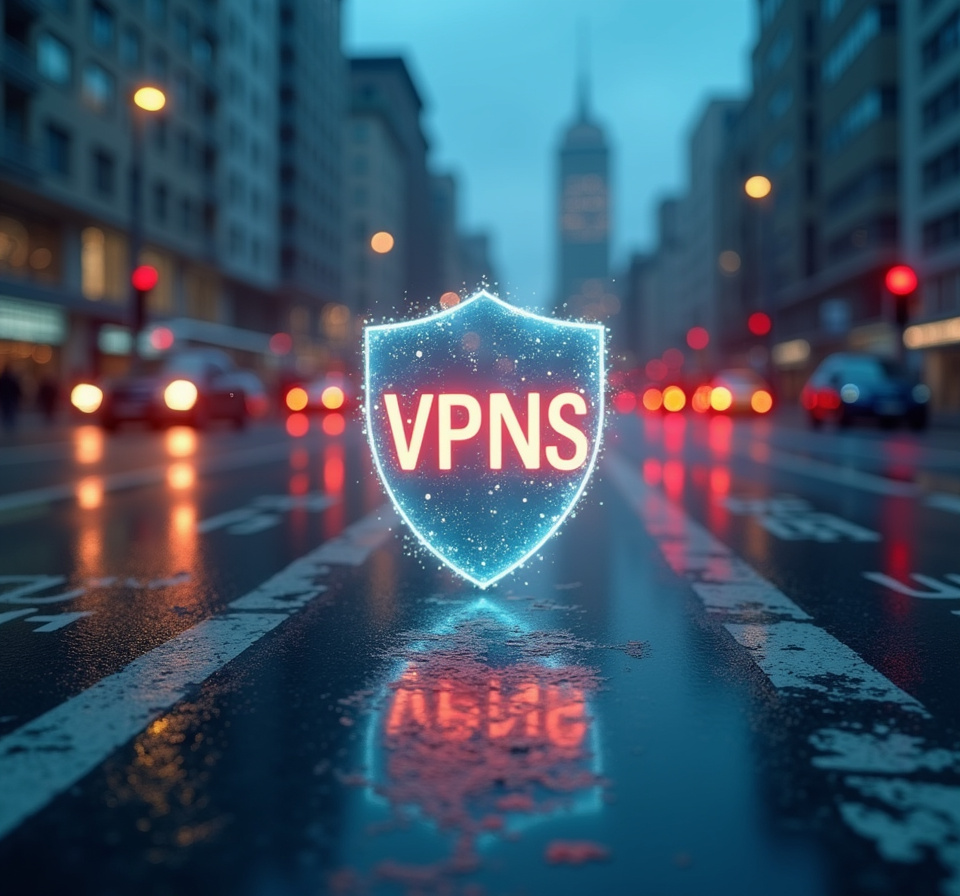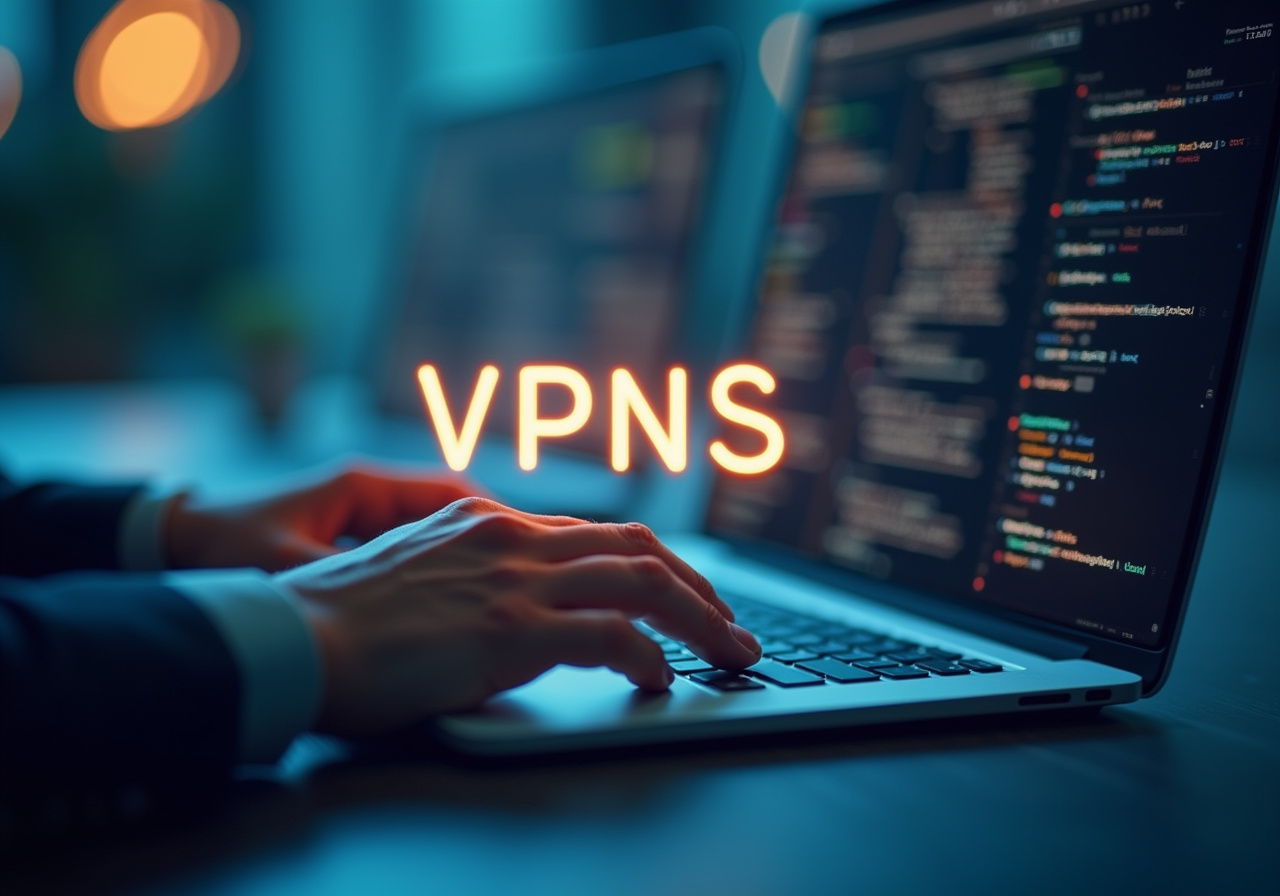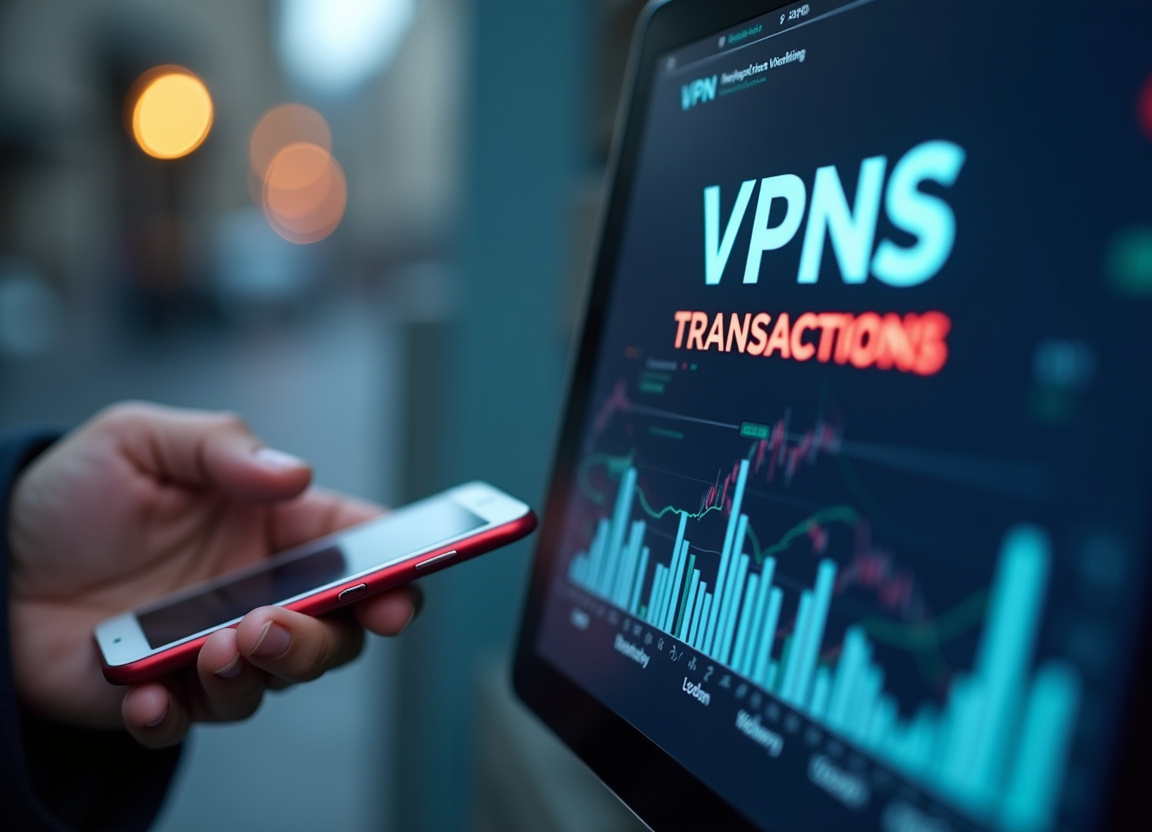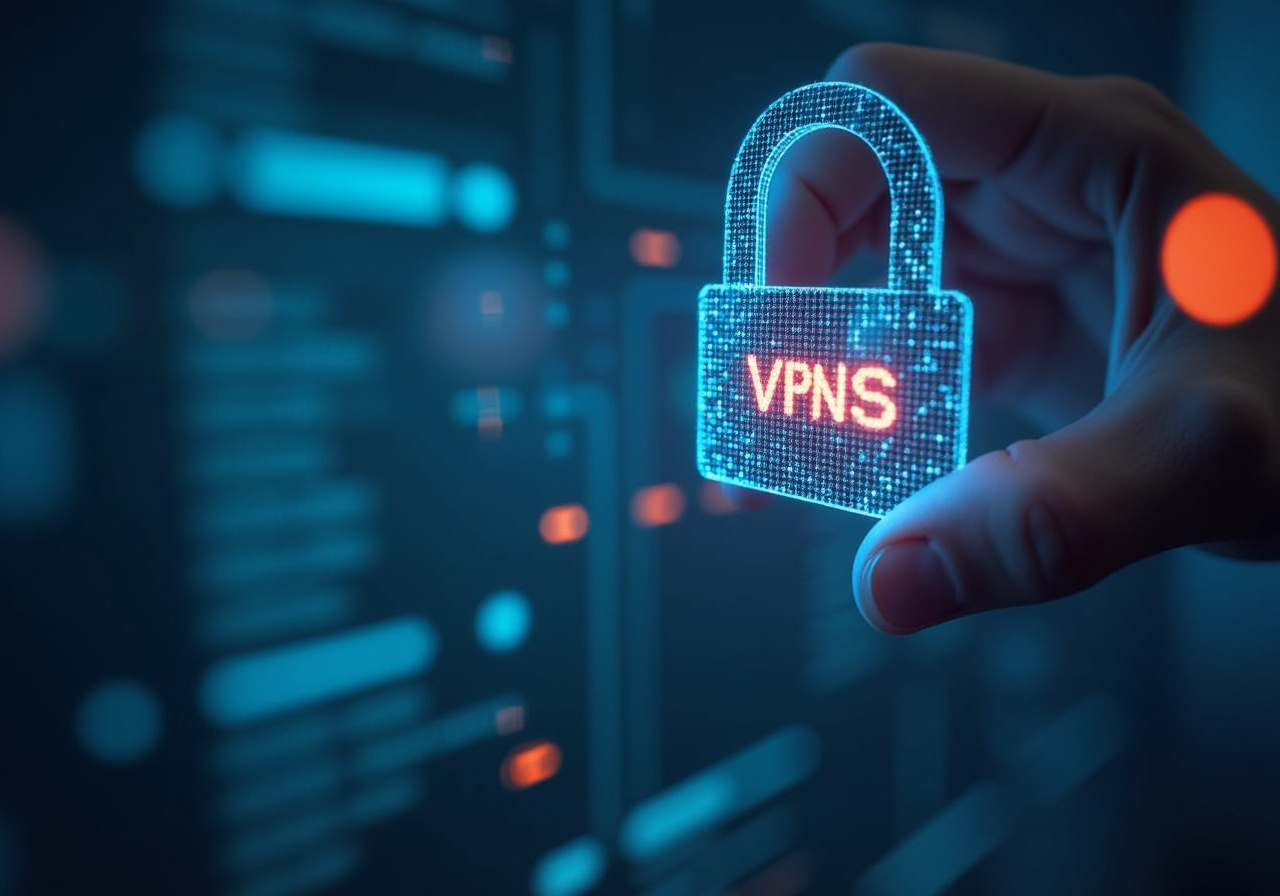VPNs for Urban Planners: Securing City Data
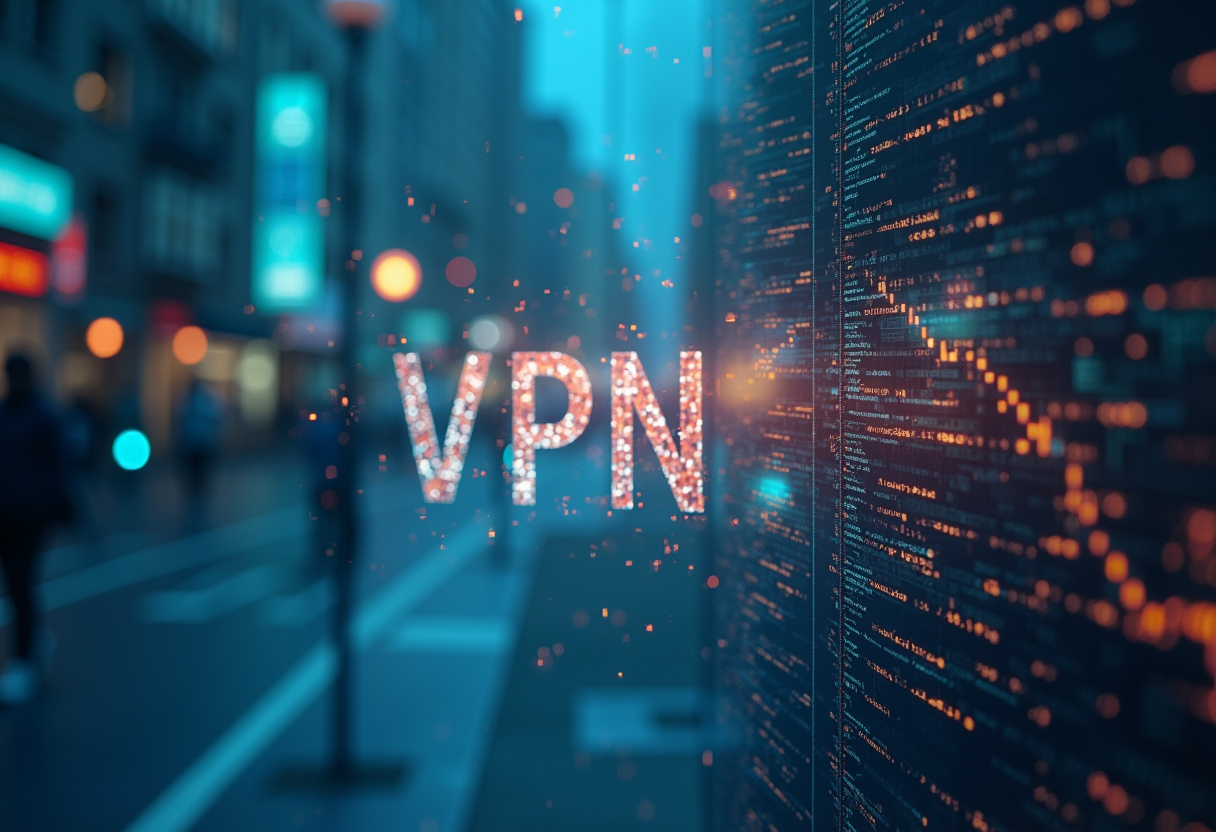
Table of Contents
VPNs for Urban Planners: Securing City Data
In an increasingly interconnected world, urban planners face unprecedented challenges in managing and protecting sensitive city data. Urban planning, once largely confined to physical blueprints and in-person consultations, has undergone a significant digital transformation. Geographic Information Systems (GIS), cloud-based collaboration platforms, and data analytics tools are now integral to modern planning processes.
This digital evolution empowers planners with enhanced efficiency, improved collaboration, and data-driven decision-making capabilities. However, this digital shift also introduces significant cybersecurity vulnerabilities that demand careful consideration and proactive measures. The vast amount of sensitive information handled by urban planners, including infrastructure designs, zoning regulations, demographic data, environmental impact assessments, economic projections, and resident details, makes them a prime target for cyberattacks.
Securing city data is paramount not only for protecting the privacy of citizens but also for maintaining the integrity of urban development projects and ensuring the overall resilience of the city's infrastructure. A Virtual Private Network (VPN) can be a crucial tool in the arsenal of urban planners, providing a secure and encrypted channel for accessing, storing, and sharing sensitive information, mitigating the risks associated with digital data management. As urban areas become smarter, more connected, and increasingly reliant on data-driven solutions, the role of an urban planner VPN becomes indispensable for maintaining confidentiality, ensuring data integrity, and facilitating secure collaboration across various stakeholders involved in the planning process.
The vulnerability of city data to cyber threats is a growing concern that demands immediate attention. Data breaches, ransomware attacks, and other forms of cybercrime can have devastating consequences for urban planning departments and the communities they serve. Such incidents can lead to identity theft, financial losses, disruptions to critical services, and significant reputational damage for city governments, eroding public trust and hindering effective governance.
Cyberattacks can range from sophisticated hacking attempts by state-sponsored actors seeking to steal strategic infrastructure plans to simple phishing scams targeting individual employees with access to sensitive systems. Furthermore, the increasing use of open-source software and third-party applications in urban planning creates additional attack vectors that must be addressed. Therefore, urban planners need to adopt a comprehensive and layered approach to cybersecurity, incorporating robust technical safeguards, organizational policies, and employee training programs to protect city data from unauthorized access, modification, or destruction.
Planning protection is vital, as urban planners must consider numerous factors, often simultaneously, to ensure sustainable and resilient urban development. Selecting the right VPN for planning is not a one-size-fits-all solution. The ideal VPN solution should offer a comprehensive suite of capabilities that encompass both technical safeguards and well-defined organizational policies.
This includes strong encryption to protect data in transit, secure protocols to prevent eavesdropping, and access controls to limit data access to authorized personnel only. Data integrity is a core requirement for any urban planning process. The accuracy, consistency, and reliability of city data are essential for making informed decisions about urban development, resource allocation, and public safety initiatives.
Data breaches and cyberattacks can severely compromise data integrity, leading to flawed planning outcomes, inaccurate predictions, and potentially disastrous consequences for communities. A VPN with advanced data encryption and integrity verification features can help urban planners ensure that their data remains accurate, consistent, and trustworthy throughout its lifecycle, regardless of where it is accessed or stored. In light of these challenges, urban planners must prioritize the security of city data and take proactive steps to mitigate cybersecurity risks.
Incorporating robust security tools, such as a dedicated urban planner VPN, into existing workflows can help to safeguard sensitive information, maintain data integrity, and foster trust between planning departments, stakeholders, and the public they serve. By taking a proactive and comprehensive approach to cybersecurity, urban planners can ensure that city data remains protected, enabling them to make informed decisions and build more sustainable, resilient, and prosperous communities. This also facilitates better protection of all city data security systems, ensuring they provide adequate security and data integrity.
Implementing a VPN solution for urban planners requires careful consideration of several key factors to ensure optimal security and performance. The choice of VPN protocol, the strength of encryption algorithms, the location of VPN servers, and the specific features offered by the VPN provider all play a crucial role in determining the overall effectiveness of the network. A robust VPN should utilize advanced encryption methods like Advanced Encryption Standard (AES) with a 256-bit key (AES-256) to protect data in transit.
AES-256 is widely considered to be one of the most secure encryption algorithms available, providing a high level of protection against brute-force attacks and other common methods of decryption. Secure VPN protocols like OpenVPN or WireGuard should be preferred over older, less secure protocols such as PPTP (Point-to-Point Tunneling Protocol) or L2TP/IPsec (Layer 2 Tunneling Protocol with Internet Protocol Security). OpenVPN is a highly configurable and widely supported open-source protocol known for its security and reliability.
WireGuard is a newer protocol that offers improved performance and efficiency while maintaining a strong security posture. Additionally, the urban planner VPN solution should offer essential features such as a kill switch, DNS leak protection, and IP address masking to prevent data exposure in case of connection disruptions or other unexpected events. A kill switch automatically disconnects the user's internet connection if the VPN connection drops, preventing unencrypted data from being transmitted.
DNS leak protection ensures that DNS queries are routed through the VPN server, preventing the user's ISP from tracking their online activity. IP address masking hides the user's real IP address, replacing it with the IP address of the VPN server, thereby enhancing anonymity and privacy. The urban planner VPN solution should ideally be deployed on servers located in jurisdictions with strong data protection laws and a commitment to privacy.
This can help to shield city data from unwarranted surveillance or legal demands from foreign governments. Countries with robust data protection laws, such as Switzerland, Iceland, and some European Union member states, are often preferred locations for VPN servers. It is also important to choose a city data security provider with a transparent privacy policy that clearly outlines how user data is collected, stored, and used.
A strict "no-logs" policy is highly desirable, as it ensures that the provider does not retain any records of user activity, including browsing history, connection timestamps, and IP addresses. This minimizes the risk of user data being compromised in the event of a data breach or subpoena. Additionally, the VPN provider should be subject to independent audits to verify their compliance with their stated privacy policy.
The urban planner VPN is a basic part of data security because it protects the users' IP addresses and their geolocation data from revealing their actual location. This is critical for urban planners who may be accessing sensitive city data while working remotely, collaborating with partners in different locations, or traveling to various project sites. Protecting their IP address helps to prevent tracking and profiling by third parties.
Planning data integrity is also enhanced by incorporating techniques such as data validation, error detection codes, and digital signatures to ensure that no changes have been made to the data during transmission or storage. Data validation checks the accuracy and completeness of data entered into databases or other systems. Error detection codes, such as checksums, are used to detect accidental alterations in data.
Digital signatures provide a way to verify the authenticity and integrity of electronic documents, ensuring that they have not been tampered with. A reliable VPN solution should employ these techniques to preserve the integrity of city data and prevent unauthorized modification. In addition to technical security considerations, organizational policies and procedures are crucial for maintaining the security of city data and maximizing the effectiveness of the VPN solution.
Selecting the appropriate VPN for urban planners requires a thorough assessment of different service providers and their offerings, taking into account the specific needs and priorities of the planning department. A one-size-fits-all approach is unlikely to be effective, as different VPNs offer varying levels of security, performance, and features. It is essential to compare features, pricing, and performance to identify the solution that best meets the city's specific requirements and budgetary constraints.
A comprehensive comparison of competing urban planner VPN services should include a detailed analysis of various factors, such as the number and location of servers, the available bandwidth limits, the data logging policies implemented, and the supported VPN protocols. A larger number of servers in diverse geographic locations can provide better performance and reliability, as users can connect to servers that are closer to their physical location or that are located in countries with less restrictive internet policies. Unlimited bandwidth is essential for urban planners who frequently work with large datasets, high-resolution images, and streaming video content.
Data logging policies are a critical consideration, as a "no-logs" policy ensures that the VPN provider does not retain any records of user activity. Support for multiple VPN protocols, such as OpenVPN, WireGuard, and IKEv2/IPsec, provides flexibility and allows users to choose the protocol that best suits their needs and network conditions. Consider a VPN that provides multiple concurrent connections to accommodate the needs of multiple users within the planning department.
This allows urban planners to connect multiple devices simultaneously, such as laptops, smartphones, and tablets, without requiring separate subscriptions for each device. Evaluate the ease of use and user-friendliness of the VPN client software. The VPN client should be intuitive and easy to navigate, allowing users to connect to the VPN server with minimal effort.
Features such as automatic server selection, one-click connect, and customizable settings can enhance the user experience. Assess the available customer support options, including the availability of technical assistance and the responsiveness of the support team. A reliable VPN provider should offer 24/7 customer support via email, live chat, or phone.
Test the responsiveness of the support team and the quality of the assistance provided. Independent reviews of VPNs can provide valuable insights into the performance, security, and reliability of different VPN services. Read reviews from reputable sources and pay attention to factors such as server speeds, connection stability, and customer support.
However, keep in mind that some reviews may be biased or sponsored, so it is important to consider multiple sources of information. Planning protection should be the primary concern of urban planners when selecting a VPN. Prioritize VPNs that offer strong encryption, secure protocols, and a strict "no-logs" policy.
Look for VPNs that have been independently audited to verify their security and privacy practices. City data security is a paramount concern, and VPN providers are continuously updating their security measures to protect user data from evolving cyber threats. Ensure that the VPN provider regularly updates their software and security protocols to address vulnerabilities.
Compare the encryption standards that are supported by different VPN providers. AES (Advanced Encryption Standard) is a widely used symmetric block encryption algorithm that is considered to be highly secure. The most common variations include AES-128, AES-192, and AES-256.
AES-256 is generally considered to be the strongest option and is recommended for urban planners who need the highest level of security. In addition to AES, some VPN providers also support other encryption algorithms, such as ChaCha20, which is often used in conjunction with the WireGuard protocol. When using data keys to provide a secure connection, consider RSA or ECC (Elliptic Curve Cryptography).
RSA keys typically range in size from 1024 bits to 4096 bits. ECC keys are shorter but offer similar levels of security to RSA-2048. Digital certificates are also an important security feature, as they verify the authenticity of a website or server.
Ensure that the VPN provider uses valid and up-to-date digital certificates. In conclusion, a thorough comparison of different VPN solutions should encompass technical capabilities, privacy policies, user-friendliness, customer support, and independent reviews to ensure that the selected VPN provides the optimal level of security and performance.
VPNs for Services: Enhancing Security and Privacy on Online Platforms
Beyond the core technical features of a VPN, several advanced functionalities can further enhance the security and privacy of urban planners when handling sensitive city data. These advanced features provide additional layers of protection against sophisticated cyber threats and ensure compliance with data protection regulations. One such feature is multi-hop VPN, also known as double VPN or cascading VPN.
This feature routes user traffic through multiple VPN servers located in different geographic locations before it reaches its final destination. By encrypting data multiple times and routing it through multiple servers, multi-hop VPN makes it significantly more difficult for attackers to trace the origin of the traffic and identify the user's real IP address. This is particularly useful for urban planners who need to protect their anonymity while accessing sensitive information or communicating with confidential sources.
Another useful advanced feature is obfuscation, which is designed to disguise VPN traffic as regular internet traffic. This helps to bypass VPN detection and blocking implemented by some networks or countries. Obfuscation techniques typically involve modifying the VPN protocol or adding additional layers of encryption to make the traffic appear indistinguishable from ordinary HTTPS traffic.
This can be important for urban planners who need to access city data from locations where VPNs are restricted or monitored. Split tunneling is a feature that allows users to selectively route some of their traffic through the VPN tunnel while routing other traffic through their regular internet connection. This can be useful for urban planners who need to access both sensitive city data and local resources simultaneously.
For example, they can use the VPN to access confidential planning documents while using their regular internet connection to browse local news websites or stream online videos. A dedicated IP address is a static IP address that is assigned exclusively to a single user. This can be beneficial for urban planners who need to access services that require a consistent IP address, such as secure FTP servers or remote desktop connections.
A dedicated IP address can also improve VPN performance and reduce the risk of being blacklisted by websites or online services. Port forwarding allows users to bypass firewalls and access services running on their local network from the internet. This can be useful for urban planners who need to remotely access GIS servers or other resources located on their office network.
However, port forwarding can also introduce security risks if not configured properly, so it is important to only forward ports that are absolutely necessary and to use strong passwords and authentication methods. Integration with threat intelligence feeds can provide real-time protection against known malware, phishing attacks, and other cyber threats. The VPN client can use threat intelligence data to block access to malicious websites and prevent users from downloading infected files.
This can help to protect urban planners from accidentally exposing city data to malware or other security threats. In addition to these advanced features, it is also important for urban planners to follow best practices for data security, such as using strong passwords, enabling two-factor authentication, and regularly updating their software and operating systems. They should also be trained on how to recognize and avoid phishing attacks and other social engineering tactics.
By combining a robust VPN solution with sound security practices, urban planners can significantly reduce their risk of being targeted by cyberattacks and protect the confidentiality, integrity, and availability of city data ensuring adequate planning protection and city data security. Regular security audits can significantly improve the security and planning protection provided by urban planner oriented VPNs.
The Future of VPNs in Subscription Services: AI-Powered, Integrated Security
In conclusion, the adoption of VPN technology represents a critical step forward in securing city data and empowering urban planners to navigate the digital landscape with greater confidence. As urban environments become increasingly reliant on interconnected systems and data-driven decision-making, the need for robust cybersecurity measures becomes paramount. The vulnerabilities inherent in transmitting sensitive information over public networks necessitate the implementation of a secure and encrypted channel, and a well-chosen VPN provides precisely that.
This not only safeguards confidential planning documents, resident information, and infrastructure designs, but also reinforces public trust in the integrity and security of city governance. By implementing a dedicated urban planner VPN solution, municipalities can ensure that planning activities remain confidential, data remains accurate, and operational resilience is maintained against evolving cyber threats, enhancing planning protection in the process. The benefits of utilizing an urban planner VPN extend beyond mere data protection; they also foster a more collaborative and efficient working environment.
Urban planners often collaborate with diverse stakeholders, including government agencies, private developers, community organizations, and consultants, who may be located in different geographic locations. A VPN facilitates secure and seamless data sharing among these stakeholders, enabling them to access and collaborate on sensitive planning documents without compromising data integrity. Furthermore, VPNs enable urban planners to work remotely and access city data from any location, enhancing their productivity and flexibility.
This is especially crucial in emergency situations or when planners need to access information while traveling. However, it's crucial to recognize that VPN implementation is not a singular, static solution, but rather an ongoing process that necessitates regular evaluation, adaptation, and refinement. As cyber threats continue to evolve in sophistication and complexity, VPN providers must continually update their security protocols and features to stay ahead of potential attacks.
Organizations should regularly assess their VPN configurations, evaluate the effectiveness of their security policies, and provide ongoing training to urban planners on best practices for data security. Furthermore, urban planners should stay informed about emerging cybersecurity threats and vulnerabilities, and proactively adapt their security measures accordingly. This may involve implementing additional security layers, such as multi-factor authentication or intrusion detection systems, or adopting new VPN protocols and encryption algorithms.
Ultimately, the successful implementation of a VPN for urban planners requires a holistic approach that integrates technical safeguards with organizational policies, employee training, and proactive risk management. By prioritizing data security and embracing a culture of cybersecurity awareness, municipalities can create urban planning ecosystems that are both innovative and resilient. This will ensure that city data remains protected throughout its lifecycle, enabling urban planners to make informed decisions, build sustainable communities, and improve the quality of life for all residents.
Therefore, any city that doesn't use a VPN to improve it's data protection policies is lagging behind because city data security needs all the tools available to prevent the loss or the corruption of the data. The best way of assuring planning protection is through a robust VPN with advanced encryprion technologies.
Stay Updated
Get the latest VPN news, tips, and exclusive deals to your inbox.
